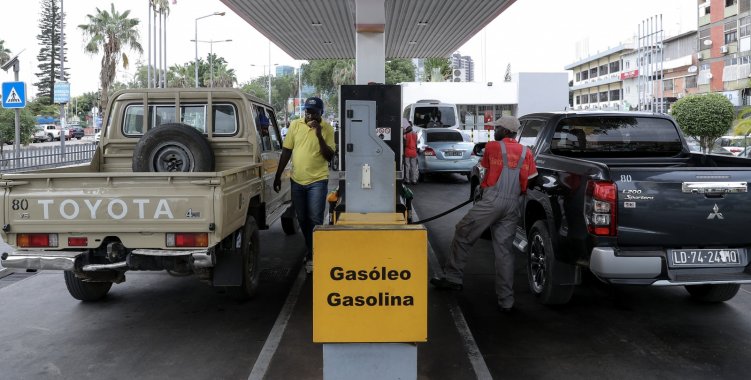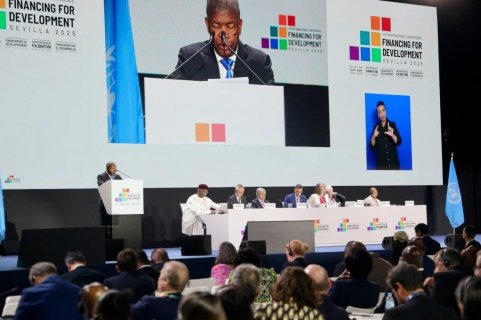"In 2022 the Angolan State assumed a total subsidy of 1.98 billion kwanzas, with diesel corresponding to almost 68 percent of the total, followed by gasoline with 23.2 percent", said the BFA in a comment at the beginning of the withdrawal of fuel subsidies in Angola last week.
"The accounted values of the subsidies represent about 92 percent of the expenditure on Health and Education in the [General State] Budget for that year, which is why it is unaffordable from the point of view of budgetary policy management", point out the analysts, in the week following the increase in the price of gasoline, which went from 160 to 300 kwanzas.
"The price of gasoline rose 87.5 percent to 300 kwanzas per litre, as part of the Angolan Government's strategy for the gradual removal of fuel subsidies, and according to the Government, the subsidy for oil derivatives has created constraints not only to Sonangol, the state-owned oil company, but also to public finances, generating a tendentially growing and unsustainable fiscal cost in the long term", says the BFA.
The Government considers that the reduction of gasoline subsidies will free up resources that will allow it to make more investments in areas that are fundamental for the country's development, such as Education, Health, Social Security and Social Housing.
Last week, the Minister of State for Economic Coordination, Manuel Nunes Júnior, said that with regard to cooking gas, lighting oil and diesel, no decisions had yet been taken.
The adjustment of these products, stressed the official, will not be done now and no decision was taken in relation to them in the Council of Ministers session, adding that a set of measures are foreseen to mitigate the effects of this adjustment either in relation to companies either in relation to families.
"The State will continue to subsidize the sale price of gasoline to the productive sector, namely agriculture and artisanal fishing", he said.
The exception of this withdrawal of gasoline subsidies also covers taxi drivers and motorcycle taxi drivers, who "will continue to pay 160 kwanzas per liter of gasoline, as it is until today", he underlined.
Manuel Nunes Júnior said that to safeguard the situation of vulnerable families, the Government, through the "Kwenda" cash transfer programme, will increase the monthly amount allocated to them, from 8500 kwanzas to 11,000 kwanzas, also extending the period number of stays of families in this program, from one year to two years.
The number of families to benefit will also increase to cover at least another 241,477 households, according to the Minister of State for Economic Coordination.
Subsidies for regular road and urban passenger transport users will be maintained, namely buses.







